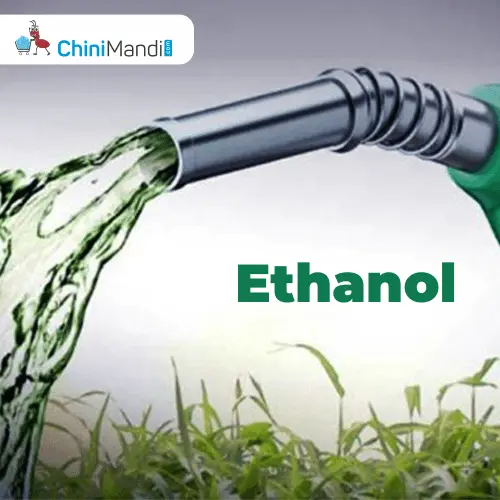In response to the new government’s energy self-sufficiency policy, Indonesia’s state-owned oil company, Pertamina, is initiating a pilot project for sorghum cultivation to be used as a bioethanol feedstock.
Pertamina is also exploring advancements in petrochemicals, geothermal energy, and carbon capture technologies to meet its decarbonization targets.
Oki Muraza, Senior Vice President of Innovation Technology at Pertamina, emphasized that sorghum is a more suitable option than sugarcane for bioethanol production. While sugarcane is primarily used for sugar production, focusing on it for bioenergy could risk food shortages. Sorghum does not face conflicts between food and energy needs. The grain can be processed into food such as flour or sorghum rice as an alternative to wheat, while the stalks are utilised to produce bioethanol.
Despite the government’s plan to expand sugarcane cultivation by 700,000 hectares to enhance bioethanol production, Pertamina is committed to diversifying its bioenergy sources to prevent competition between food and energy requirements. The pilot project will take place in West Nusa Tenggara, with broader implementation planned upon confirming its feasibility.
At the Indonesia International Auto Show (GIIAS) in July, Pertamina demonstrated bioethanol produced from sorghum by successfully powering two Toyota flex-fuel vehicles (FFVs), marking a significant achievement in the company’s biofuel efforts.
Pertamina has announced its development of low-carbon technologies across four primary areas: biofuels, petrochemicals, geothermal energy, and carbon capture, utilization, and storage (CCUS). As it diversifies its business opportunities, the company also supports the government’s target of achieving net-zero emissions by 2060.












